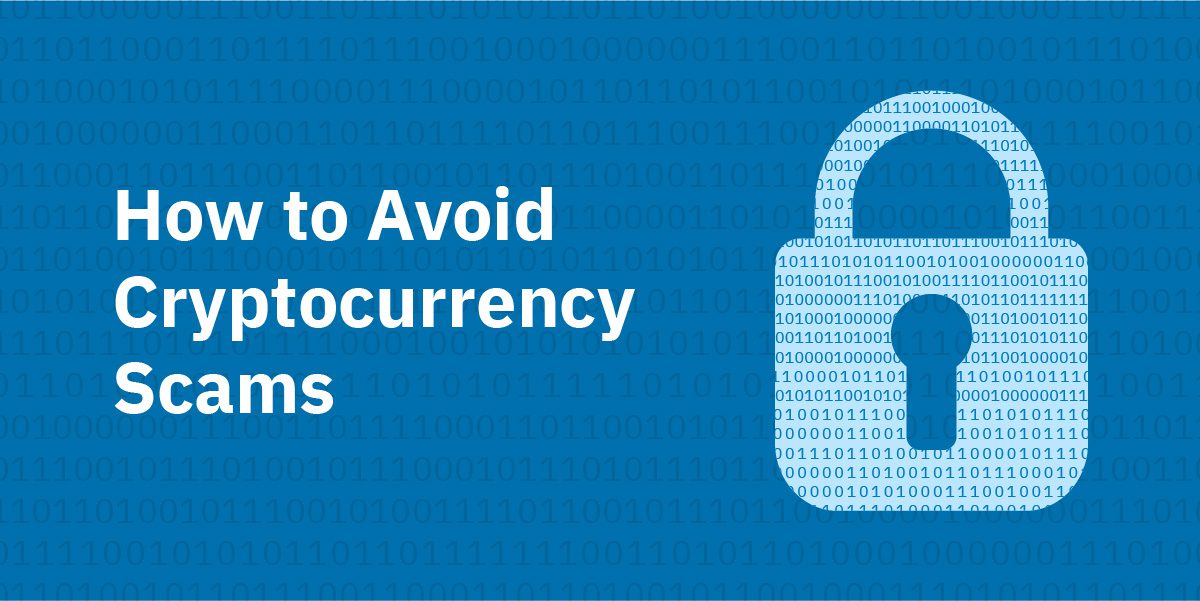If you know what you’re doing, crypto can be a lucrative endeavor, but it’s also ripe with scams. Don’t get duped. Here’s what to look out for before you load up on virtual currency.
If it’s good enough for Jack Dorsey, Elon Musk, and Tim Cook, surely you can also win big in the crypto game, right? If you’ve got some money to burn, perhaps, and we have a guide for getting started. But you could also be just a few mouse clicks away from losing your retirement funds to a cartoon dog or a “coin” tied to a popular streaming TV show.
With changing prices, coin-based scams, and misinformation from influencers, cryptocurrency is a volatile market, and you need to be careful. According to the Federal Trade Commission (FTC), US consumers lost more than $80 million to cryptocurrency scams in the six months between October to March 2020. And the grifts continue; those behind the Squid Game cryptocurrency took off with about $3.38 million earlier this month.
While some scams are pretty easy to spot, others aren’t as obvious. And because the protections in place for fiat currencies like the US dollar don’t typically exist for crypto, once that money’s gone, it’s gone for good. Here’s what to look out for, and how to avoid getting scammed.
Best Practices for Avoiding Crypto Scams
How can you protect yourself from crypto scams? Here are a few things to consider before going all-in on Bitcoin, Ethereum, or other digital currencies.
1. Don’t take any information at face value. Investigate the claims being made around any investment, especially if they seem too good to be true or promise overnight windfalls. The 2020 Twitter hack had a scam written all over it.
2. Don’t trust anyone—government officials, public figures, strangers—who contact you directly asking for payments in cryptocurrency or offering you an “investment opportunity.”
3. Never share your private key or the seed phrase to your cryptocurrency wallet with anyone, and store that information somewhere offline, aka a cold wallet.
4. Enable two-factor authentication whenever possible on whatever kind of crypto wallet and exchange you use. But be aware that this is not a sure-fire solution, as we saw when Coinbase was hacked.
5. Double and triple-check website URLs. Scammers attempting a phishing scam will copy the URL of legitimate sites and swap letters and numbers—an “l” for “1” or “0” for the letter “O,” for example.
6. Reject any offer that requires an up-front fee no matter what, especially if that fee has to be paid in cryptocurrency.


